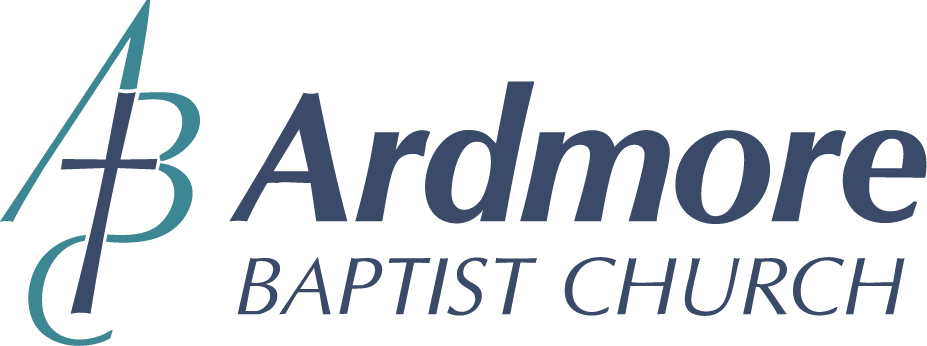September 11, 2025
We Believe
This Sunday we begin a new sermon series called We Believe. Together we’ll explore the Nicene Creed—an ancient statement of Christian faith that still speaks powerfully today. 2025 happens to mark the 1,700th anniversary of the gathering in Nicaea where this creed was written.
Why did they gather together? One word: Jesus. There was dispute amongst the Christians leaders about who Jesus really was and is. A man named Arius had been spreading the idea that Jesus was created by God just like all the rest of creation. And many people were buying into this idea. But the major problem with this theology is that this devalued Jesus to the same level as everything else in all of nature. What orthodox Christian theology affirmed, through the words of the Nicene Creed and with the authority of scripture, is that Jesus is:
God from God, Light from Light,
true God from true God,
begotten, not made, consubstantial with the Father;
through him all things were made.
Perhaps it seems strange for us to spend our Fall looking at this ancient doctrinal statement, but I think there is tremendous value in us reflecting on the words of the Nicene Creed. A creed is meant to function as a statement that clarifies identity and we live in a world in which what it means to be “Christian” seems to be fluid and ever-changing. Rather than identifying ourselves as Christians because of our politics, demographics, or another label, what should truly set us apart is what we believe and how it shapes who we are.
Studying the creed is beneficial for three reasons:
1. The Nicene Creed is an outline of Christian theology. The creed gives us an early, official, and robust account of apostolic faith. Now I know what some might be thinking: Listen, Tyler. This theology nonsense is all fine and good for you, but I just love Jesus. I don’t care about theology. I hear you. But theology simply means learning more about who God is. Just like children first trace letters before writing their own, we grow by tracing the wisdom of those who came before us.
2. The Nicene Creed is a statement of Christian unity. We all know that Christianity is fractured. Christians divide over many things—even within the same denominations. Yet the Nicene Creed is one statement of faith affirmed by Catholics, Protestants, and the Orthodox Church alike. In a world of increasing division, we need to spend time focused on what brings people together. And despite all of our differences, what unites Christians around the world is Jesus Christ.
3. The Nicene Creed is a guide in the midst of uncertainty. I love to hike, but I have no sense of direction. What keeps me safe are the trails mapped out by others. The Nicene Creed functions the same way. It clears away false paths and guides us toward the beauty of Christian faith.
As we explore this ancient statement of faith together this Fall, my prayer is that this series refreshes our relationship with the Triune God and deepens our joy in confessing our faith together.
September 14 – We Believe (Romans 10:5-13)
September 21 – We Believe: God – One, Father, Creator (Ephesians 4:1-6)
September 28 – We Believe: Jesus – Light from Light (Colossians 1:15-20)
October 5 – World Communion Sunday: A Mountain Table of Peace for All People (Micah 4:1-5)
October 12 – We Believe: Jesus [guest preacher: Rev. Dr. Bill Leonard]
October 19 – We Believe: Jesus – The Return of the King (Revelation 11:15-19)
October 26 – We Believe: The Holy Spirit (Acts 4:23-31) [guest preacher: Rev. Dr. David Elks]
November 2 – We Believe: The Church (Ephesians 2:11-22)
November 9 – Children’s Sunday
November 16 – We Believe: Baptism & Forgiveness (Acts 2:37-42)
November 23 – We Believe: Resurrection (Revelation 21:1-8)
